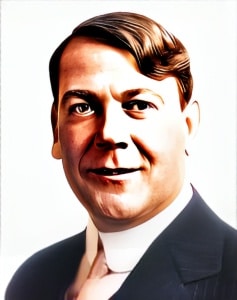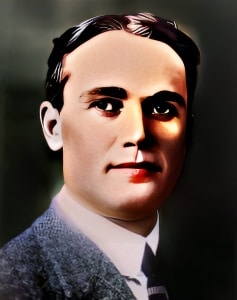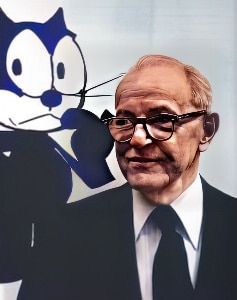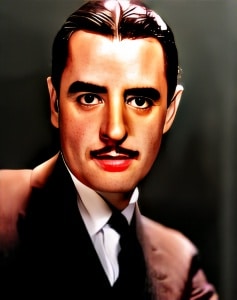 Charles Arling was a prominent American actor known for his contributions to the early years of American cinema.
Charles Arling was a prominent American actor known for his contributions to the early years of American cinema.
Born on August 22, 1880, in Toronto, Canada, Arling’s journey into the world of entertainment began during a transformative period in film history.
In the early 20th century, silent films dominated the cinematic landscape. These films relied on visual storytelling, requiring actors to convey emotions, character development, and narratives primarily through nonverbal acting, using facial expressions and physical movements. Charles Arling’s exceptional talent in this regard made him a valuable asset to the emerging film industry.
One of the remarkable aspects of Arling’s career was his adaptability, which allowed him to transition from silent films to sound films as the industry underwent a major transformation. This transition highlighted his commitment to his craft and his willingness to evolve with the changing times.
While specific details about his roles in sound films may not be widely known, his presence during the silent film era and his successful transition to sound films underscore his enduring contributions to early American cinema. He was part of a generation of performers who laid the foundation for the development of American cinema during a period of innovation and experimentation.
Arling’s work during the silent film era included appearances in various films, although specific details about his extensive filmography and individual roles may not be as extensively documented as those of leading actors. Nevertheless, his performances enriched the storytelling and contributed to the success of the films in which he appeared.
One notable film in which Arling was involved is “ Back to God’s Country,” a 1919 silent film directed by David Hartford. The film is set against the backdrop of the Canadian wilderness and features Nell Shipman in a leading role. Arling’s presence in the film added depth to the narrative and contributed to the film’s success. His adaptability and ability to convey character depth and emotions through nonverbal acting were emblematic of his talent.
In conclusion, Charles Arling was an American actor who made a significant impact on the early years of American cinema. His career spanned the silent film era and the transition to sound films, and he showcased his versatility as an actor. Although his name may not be as widely recognized today as some of the leading actors of his time, his performances and his commitment to his craft remain an integral part of the history of early Hollywood. Charles Arling’s contributions enriched the narratives and added depth to the stories portrayed on the silent film screen, making him a noteworthy figure in the early days of American cinema.
Loading live eBay listings...




